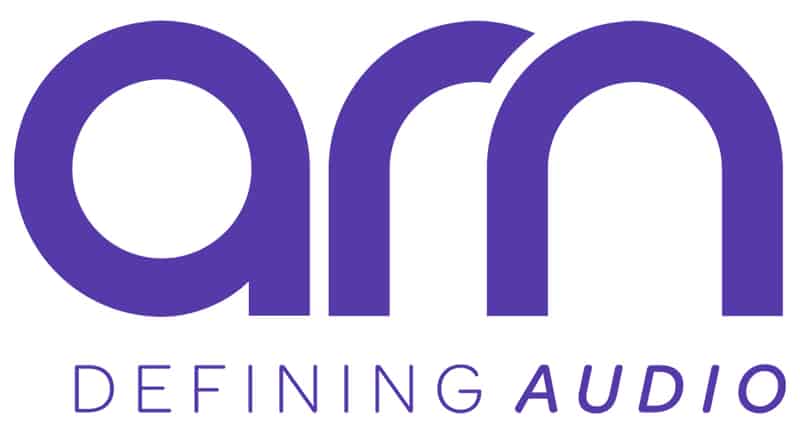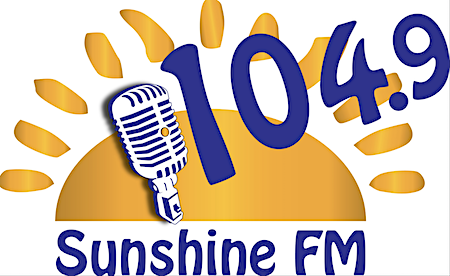Radio and Podcasting: More than just rehashed radio online
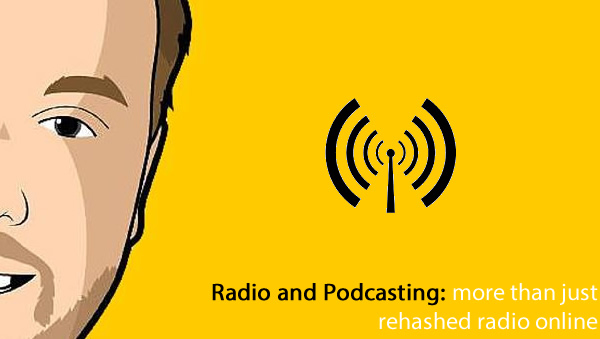
The landscape of podcasting has changed dramatically over the last few years. Merchandise, advertising, live shows and increased accessibility to recording equipment have meant that it is easier than ever to create a podcast, and more people are engaging with them, and more money is flowing into the industry.
Podcasting and Radio are two audio formats that many struggle to separate or define from each other. There are, however, some very specific differences between radio and podcasting that can be taken advantage of.
Differences
In-jokes without the set up.
The main advantage for podcasts is that, because all listeners have the ability to listen to all of the audio, in jokes do not require an explanation every time they are brought up.
This means that in jokes tend to be far more frequent, and instead of alienating the listenership, they actually help create a stronger bond between the hosts and their audience.
The American podcast The Dollop has a running joke where Dave Anthony will introduce his co-host, Gareth Reynolds, as Gary. It’s simple, and is often expanded upon when Gareth tries to retaliate, or Dave calls him another name starting with G.
What is truly interesting is that in their live shows for the podcast, without being prompted, the audience will start chanting the name ‘Gary’ as the two hosts enter the stage.
Universality
While this is something that is said regularly about ‘internet radio’, the fact that a podcast is not necessarily based in any 1 market really opens it up to a variety of content, and a variety of listeners. An upcoming documentary about podcasts called Ear Buds is taking a look at both the podcasters, and their listeners, who are literally spread out all over the world. With listeners for some American podcasts being based in places such as Alice Springs.
The creation of entirely unique content
As well as being able to cover content with no geographic bias, podcasts can also cover content that literally no other format can. Wil Anderson has said on his own podcast (Tofop/Fofop) that he used to think Stand Up comedy was where he was most free to cover anything he wanted. But even on the stage he was stuck with the requirement of making the audience laugh, whereas his podcast offer far greater freedom.
In one episode of his podcast, Wil discusses with guest Dave Anthony, the period of time when it was revealed that a friend of his was convicted for possessing child pornography. Together both of them cover the shades of grey, such as having to reconcile the person Wil thought he knew, with the person he now had to condemn (he explains it much better than I).
In podcasting, the audience’s connection with the hosts can be so strong that they understand that each bit is within a context, and there is enough time given to explain about his friend in Tofop.
However, some established radio shows understand the nuances of podcasting. For instance, Hamish and Andy will have bits of audio specifically for podcasters inserted into the podcast of their show.
Additionally, in the first incarnation of their Drive show, the guys would release a ‘boardroom’ podcast that was them reading through letters from listeners. These would sometimes go for 40 minutes or more each time.
But how can radio take further advantage of what podcasting has to offer?
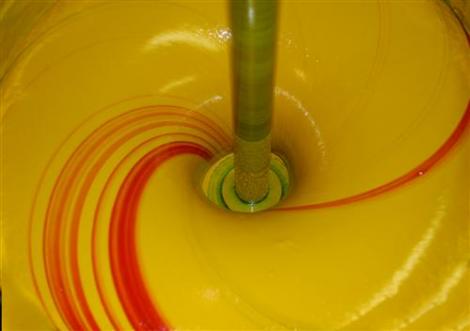
Combining the Two
Make their own podcasts
I was excited to read recently that in America, public radio powerhouse WNYC has just announced they are opening their own podcast studios! This is huge! A radio station is commissioning its own podcasts, and there is a very good reason to do so. They can get millions of listens, and if handled correctly, this could be used to benefit radio.
Much has been said about the talent pipeline of SCA. Some have gone as far as to suggest that with reality TV stars find their way into established shows, the pipeline works in reverse. I disagree, I am of the opinion that the pipeline has just been made bigger. So why not make it bigger? As well as producing reality tv talent, produce podcast talent. Pair some people up and let them go wild with a podcast show.
Utilise network social media
These shows can be given an initial push by the big radio networks in the form of cross promotion through their social media. If the podcast gets a push and connects with their audience they can build and grow that audience.
Bring back to radio
If it goes well, work on incorporating them into a radio show as either a guest or as new regular on-air talent. Or even bring the show into the network, like ARN has done with taking The Thinkergirls.
Podcast audiences will follow their favourite shows anywhere. We are at a stage where American podcasts are doing live tours around Australia to sold out shows. When Wil Anderson did a live show in America, an Australian fan literally flew over there to see it. In Los Angeles, there is an annual Podcast Festival, where podcasts from all around the world gather to do live shows, and a lot of their listeners follow them there to see them. All those who can’t make it there are able to view the shows through a live stream online.
And on top of all that, podcasts themselves can be monetized. Many radio podcasts do it with straight ads at the beginning. Comedy podcasts like The Nerdist and Kevin Smith’s ‘Smodcast’ have explored doing more free form ‘live read’ style ads at the beginning of the podcast.
To deal with the growth of podcasting radio needs to recognise the differences, and embrace them. It could lead to some fascinating changes
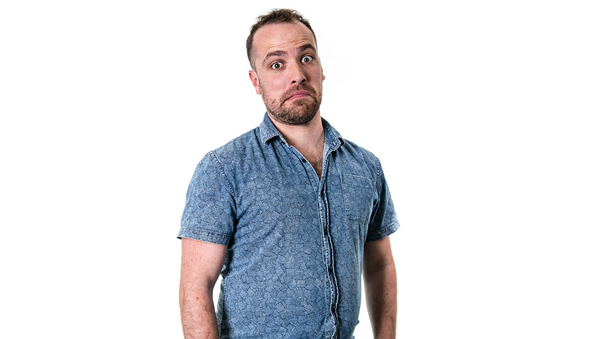 About Sam Blacker:
About Sam Blacker:
Sam is the EP of Wave FM’s Hot Breakfast and co hosts the comedy podcast Shut Up I’m Talking with Josh Olek which can be found on itunes, omny, stitcher and www.shutupimtalkingpodcast.com
